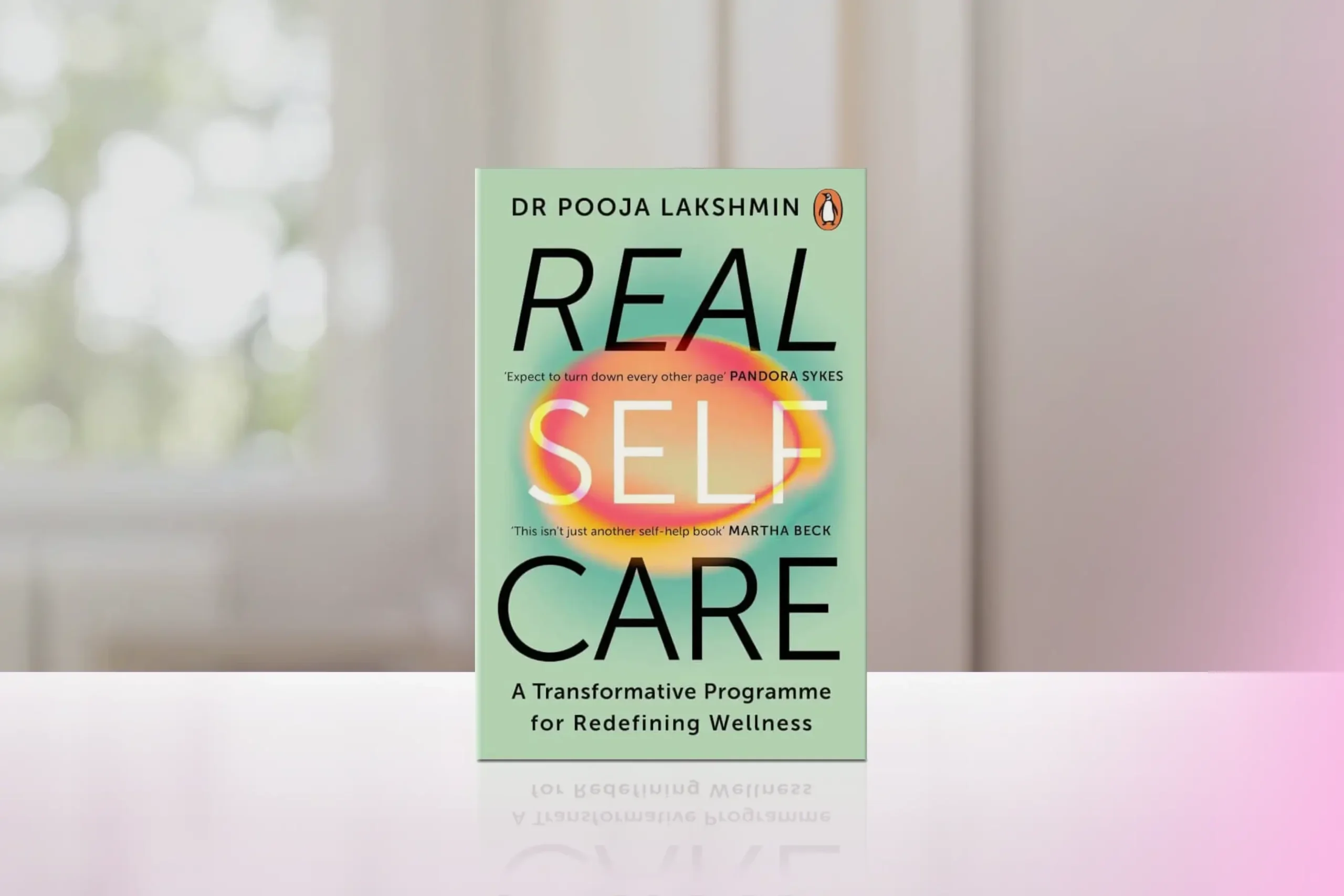Have you ever noticed how your mood shifts after eating certain foods? Perhaps you’ve experienced a surge of energy after a balanced meal or felt sluggish after indulging in processed snacks. These experiences aren’t coincidental – they’re powerful indicators of the intricate relationship between what we eat and how we feel. The connection between nutrition and mental health is a fascinating frontier in wellness, one that empowers us to nurture our minds through mindful eating.
In our pursuit of personal growth and wellbeing, we often overlook the crucial role of nutrition in shaping our mental health. The nutrients we consume are not just fuel for our bodies; they’re essential for producing neurotransmitters that influence our mood, cognition, and overall mental health. Understanding this connection empowers us to enhance our mental wellbeing through dietary choices that support brain function.
In this article, we’ll explore the science behind the link between nutrition and mental health, discuss key brain-supporting nutrients, and offer practical strategies for incorporating mental health-boosting foods into your diet. Remember, every meal is an opportunity to nourish both your body and mind. Let’s discover how nutrition can help you cultivate a healthier, happier mind and live your best life.
The Science Behind Nutrition and Mental Health
To truly appreciate the impact of nutrition on mental health, it’s helpful to understand the biological mechanisms at play. Our brains are incredibly complex organs that require a delicate balance of nutrients to function optimally.
The Gut-Brain Axis
One of the most exciting areas of research in recent years is the gut-brain axis. This bidirectional communication system between our digestive tract and our brain plays a crucial role in mental health:
- The gut produces about 95% of the body’s serotonin, a neurotransmitter that regulates mood, sleep, and appetite.
- The gut microbiome, the trillions of bacteria living in our digestive system, influences brain function and behavior.
- What we eat directly affects the composition of our gut microbiome, thus indirectly impacting our mental health.
Neurotransmitter Production
Our bodies use nutrients from food to produce neurotransmitters, which are essential for mental health:
- Amino acids from protein-rich foods are precursors to neurotransmitters like dopamine and serotonin.
- Omega-3 fatty acids are crucial for brain cell structure and communication.
- Vitamins and minerals act as cofactors in neurotransmitter synthesis and function.
Inflammation and Oxidative Stress
Diet can also influence mental health through its effects on inflammation and oxidative stress:
- Chronic inflammation has been linked to depression and other mental health disorders.
- Antioxidant-rich foods can help combat oxidative stress in the brain, potentially improving mental health outcomes.
Reflection:
Think about a time when you noticed a connection between what you ate and how you felt mentally. What did you eat, and how did it affect your mood or cognitive function? Understanding these personal experiences can help you become more attuned to how food affects your mental state.
Key Nutrients for Mental Health
While a balanced diet is crucial for overall health, certain nutrients play particularly important roles in supporting mental wellbeing. Let’s explore some of these key players:
1. Omega-3 Fatty Acids
Omega-3s, particularly EPA and DHA, are essential for brain health:
- They’re crucial components of brain cell membranes.
- They help reduce inflammation in the brain.
- Studies have linked omega-3 consumption to reduced risk of depression and anxiety.
Food sources: Fatty fish (salmon, mackerel, sardines), flaxseeds, chia seeds, walnuts
2. B Vitamins
B vitamins, especially B12, B6, and folate, play vital roles in brain function:
- They’re involved in the production of neurotransmitters.
- They help maintain the myelin sheath that protects nerve fibers.
- Deficiencies have been linked to depression and cognitive decline.
Food sources: Whole grains, legumes, eggs, leafy greens, nutritional yeast
3. Probiotics and Prebiotics
These support gut health, which in turn influences mental health:
- Probiotics are beneficial bacteria that support a healthy gut microbiome.
- Prebiotics are fibers that feed these beneficial bacteria.
- A healthy gut microbiome has been linked to reduced anxiety and depression.
Food sources: Yogurt, kefir, sauerkraut, garlic, onions, leeks, asparagus
4. Antioxidants
Antioxidants protect the brain from oxidative stress:
- They help combat inflammation in the brain.
- They may help prevent age-related cognitive decline.
- Certain antioxidants have been linked to improved mood and reduced anxiety.
Food sources: Berries, dark chocolate, colorful fruits and vegetables
Challenge:
This week, try to incorporate one new food rich in each of these nutrient categories into your diet. Keep a journal of what you eat and how you feel mentally in the hours afterward. This practice can help you identify which foods have the most positive impact on your mental state.
Dietary Patterns and Mental Health
While individual nutrients are important, it’s also valuable to consider overall dietary patterns and their impact on mental health. Research has shown that certain eating styles can significantly influence mental wellbeing:
1. Mediterranean Diet
This diet, rich in fruits, vegetables, whole grains, lean proteins, and healthy fats, has been associated with numerous mental health benefits:
- Lower rates of depression
- Reduced risk of cognitive decline
- Improved overall mood and mental wellbeing
2. Anti-Inflammatory Diet
An anti-inflammatory diet focuses on foods that reduce inflammation in the body and brain:
- Emphasis on whole, unprocessed foods
- Rich in omega-3 fatty acids and antioxidants
- May help alleviate symptoms of depression and anxiety
3. Low-Glycemic Diet
This approach focuses on foods that have a minimal impact on blood sugar levels:
- Helps stabilize mood and energy levels
- May reduce symptoms of depression and fatigue
- Supports overall brain health
Reflection:
Consider your current dietary pattern. Which aspects align with these mental health-supporting diets, and where might there be room for improvement? Remember, small, consistent changes can lead to significant improvements over time.
For more insights on how lifestyle choices can impact your wellbeing, check out our article on “The Power of Sleep: Improving Your Life Through Better Rest.“
Practical Strategies for Nourishing Your Mind
Now that we understand the importance of nutrition for mental health, let’s explore practical ways to incorporate this knowledge into our daily lives:
1. Practice Mindful Eating
Mindful eating can help you become more aware of how different foods affect your mental state:
- Pay attention to how you feel before, during, and after eating.
- Eat slowly and without distractions.
- Notice the colors, smells, textures, and flavors of your food.
2. Plan for Balance
Aim for balanced meals that include a variety of nutrients:
- Include protein, complex carbohydrates, and healthy fats in each meal.
- Incorporate a rainbow of fruits and vegetables for a wide range of antioxidants.
- Don’t forget to stay hydrated – even mild dehydration can affect mood and cognitive function.
3. Prepare in Advance
Setting yourself up for success can make it easier to make brain-healthy food choices:
- Meal prep on weekends to ensure you have nutritious options readily available.
- Keep healthy snacks on hand for when hunger strikes.
- Learn simple, quick recipes that incorporate brain-boosting ingredients.
4. Listen to Your Body
Everyone’s nutritional needs are unique. Pay attention to how different foods make you feel:
- Keep a food and mood journal to identify patterns.
- Be open to adjusting your diet based on how your body and mind respond.
- Consider working with a healthcare professional for personalized advice.
Challenge:
For the next week, commit to one mindful meal per day. During this meal, eat without distractions and pay close attention to how the food makes you feel, both physically and mentally. Note your observations in a journal.
Practical Application: Your 7-Day Mental Health Nutrition Plan
Let’s put what we’ve learned into practice with a 7-day plan to boost your mental health through nutrition:
- Day 1: Omega-3 Boost
Include a serving of fatty fish or a handful of walnuts in your meals. - Day 2: Colorful Plate Challenge
Aim to include at least five different colored fruits and vegetables in your diet today. - Day 3: Probiotic Power
Incorporate a fermented food like yogurt or sauerkraut into your meals. - Day 4: Whole Grain Exploration
Try a new whole grain you haven’t eaten before, such as quinoa or buckwheat. - Day 5: Mindful Meal
Practice mindful eating for all your meals today, paying close attention to how each food makes you feel. - Day 6: Mood-Boosting Snacks
Prepare brain-healthy snacks like a trail mix with nuts and dark chocolate, or sliced apples with almond butter. - Day 7: Reflect and Plan
Review your week. Which foods made you feel the best mentally? Use these insights to plan your meals for the coming week.
Nourishing Your Mind
As we conclude our exploration of the connection between nutrition and mental health, take a moment to reflect on the potential impact that mindful, brain-nourishing eating could have on your life. By paying attention to what you eat and how it affects your mental state, you’re not just improving your nutrition – you’re taking an active role in shaping your mental wellbeing and overall quality of life.
Remember, the goal isn’t perfection or adhering to a strict diet. It’s about developing a deeper understanding of how food affects your mind and making choices that support your mental health more often than not. Every meal is an opportunity to nourish not just your body, but your mind as well.
Consider the ripple effects that a brain-healthy diet could create in your life. Imagine approaching your days with more stable energy and mood. Picture yourself better equipped to handle stress and challenges. Envision a life where you’re not just surviving, but thriving mentally and emotionally.
Reflection:
How might your life look different three months from now if you consistently prioritized brain-nourishing foods? What new opportunities or experiences might open up for you with improved mental clarity and emotional balance?
Your challenge now is to commit to one nutrition habit that supports your mental health and maintain it consistently for the next month. Whether it’s including omega-3 rich foods in your diet daily, practicing mindful eating, or ensuring you eat a variety of colorful fruits and vegetables, choose something that resonates with you and make it a non-negotiable part of your routine.
As you move forward on this journey, be patient and kind with yourself. Celebrate the times when you make choices that support your mental health, and be gentle with yourself when you don’t. Remember, developing new eating habits is a process, and every nutritious choice you make is a step towards better mental health and a more fulfilling life.
For deeper insights into nutrition and its impact on overall health, consider reading “Eat, Move, Sleep“ by Tom Rath, which offers a holistic approach to wellbeing through diet, exercise, and rest. You might also find valuable perspectives in “The Blue Zones“ by Dan Buettner, which explores the dietary habits of the world’s longest-lived people and their impact on both physical and mental health.
Your journey with nutrition and mental health is uniquely yours, but you’re not alone in it. As you continue to grow and learn, you’re not just improving your own life – you’re contributing to a culture that recognizes the profound connection between what we eat and how we feel.
For more resources on personal growth and wellbeing, check out our articles on “Mindfulness Techniques for Everyday Life“ and “The Benefits of Outdoor Activities for Physical and Mental Health.“ Each nutritious choice you make contributes to your overall journey of personal development and living the life you envision.
Now, take a deep breath, choose your next meal mindfully, and embrace the powerful connection between your plate and your mental state. Your journey to a nourished mind and a more vibrant, fulfilling life begins now – one healthy bite at a time!





